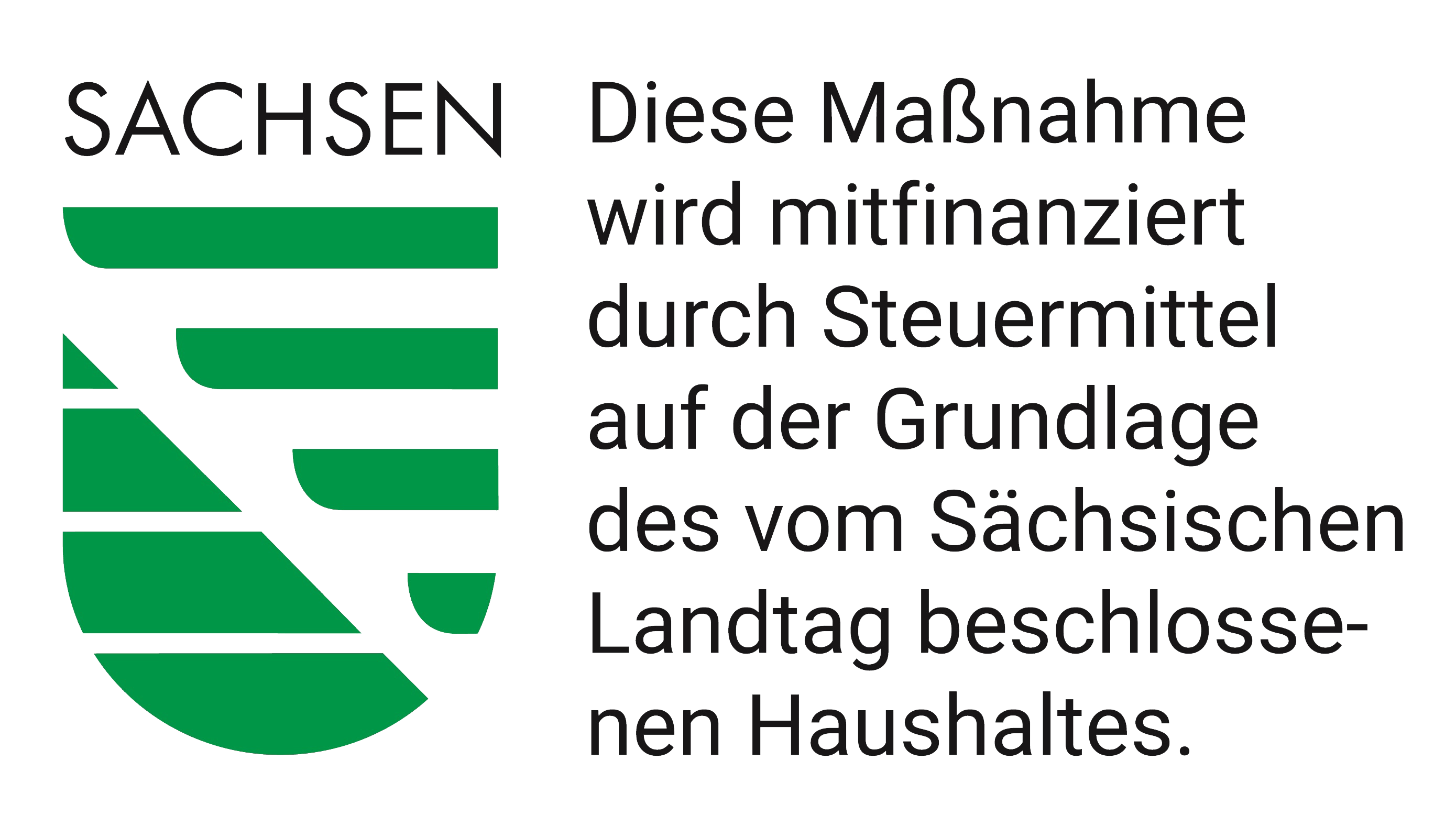Abstract:
Classic search interfaces based on keyword searches and result lists (e.g., Google, Bing, or Ecosia) are well suited for users who know what they are looking for. However, the goal of exploration is to allow the user to learn about the information space and its characteristics. List-based interfaces with keyword searches are of limited use in this regard when the quantity and variety of items and metadata seem overwhelming. Exploratory information retrieval systems, on the other hand, are designed to support users with vague or evolving information needs. For example, two-dimensional search maps of objects can be useful because they convey information about the general structure and scope of a collection. Search maps relying on dimensionality reduction do not necessarily satisfy the user’s need for trustworthiness. We therefore pursue the idea of enriching a two-dimensional search map with an audible guidance technique in a virtual environment, rather than attempting to mitigate the algorithmic weaknesses of a dimensionality reduction.
